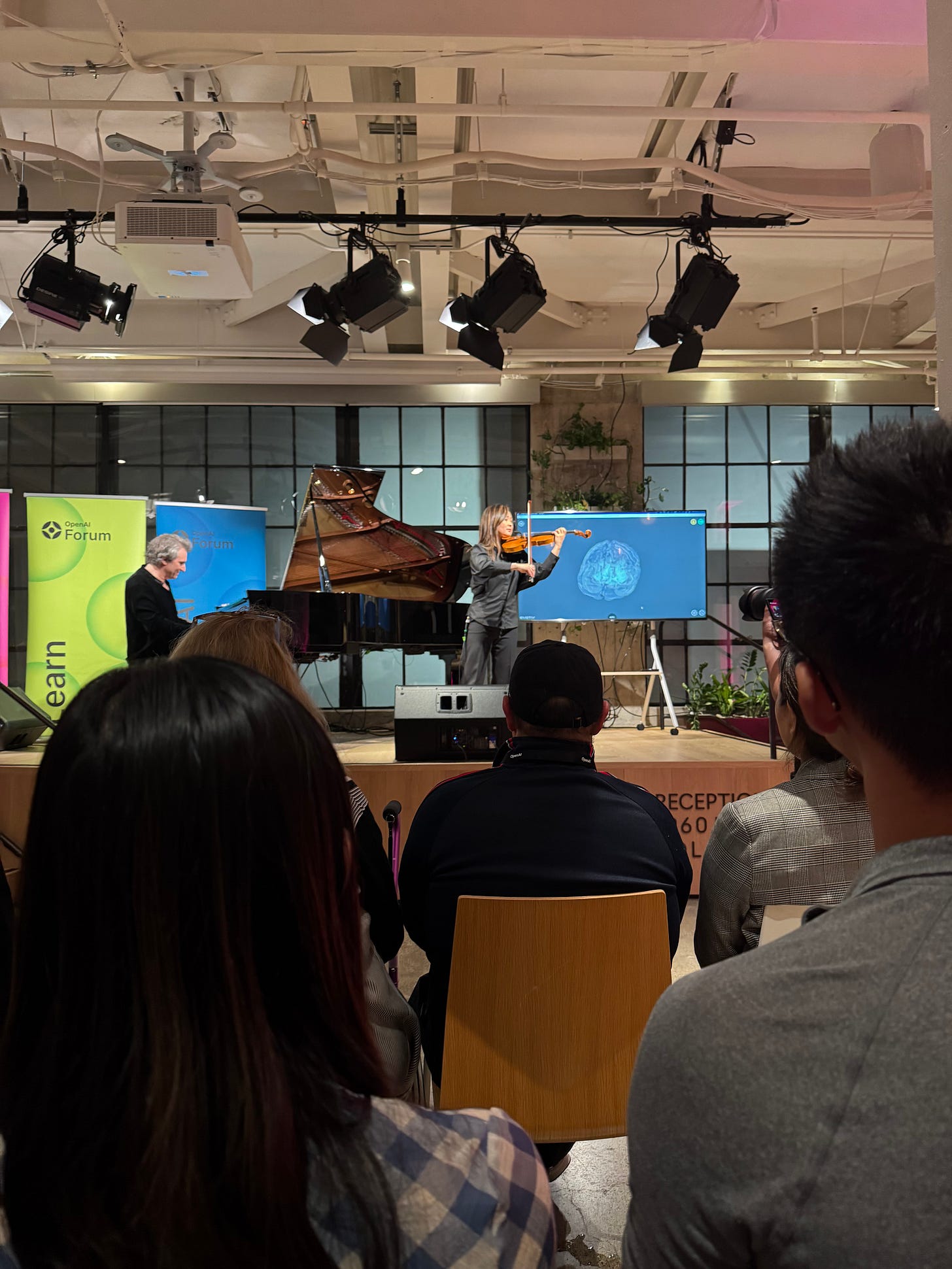A couple of weeks ago, I attended an event hosted by the Open AI research community. I’ve been part of this group for just over a year, but this was my first in-person event at OpenAI’s headquarters. What stood out wasn’t just the community vibe—it was the chance to chat with OpenAI employees. One thing that surprised me: every single one of them described OpenAI as a research lab. Yes, I know OpenAI began as a nonprofit research organization, but I hadn’t thought of it that way today, given its massive influence and commercial success. Yet, there they were, talking about their work with the passion and precision of researchers, not just tech execs.
This got me thinking about the future of startups, and I noticed a pattern: more and more of them are starting to look like research labs rather than traditional businesses.
Here’s why. First, the competitive edge in tech is tougher to find in a crowded market. It’s easier than ever to spin up a product or service—look at how many startups hit tens of millions in annual revenue with tiny teams. But standing out now often means building something truly new, which takes time and deep exploration. Companies like DeepMind and OpenAI in their early days weren’t just chasing profits; they were advancing knowledge. That’s the shift I see: the next wave of startups will prioritize discovery—tackling big, unanswered questions over quick wins.
I feel fortunate to be part of this moment. A year and a half ago, I felt a pull to dive back into research and take on tough problems, which led me to found the Human Machine Collaboration Institute. Now, as we’re deep into it, I’m convinced this is the new norm. Product creation? That’s the easy part. The real value lies in wrestling with the unknown. More research, more communities—that’s where we’re headed.
This brings me to something I’ve been mulling over, and I’d love your thoughts. I’ve noticed a trend: so many people who did research in college—or even earned PhDs—end up in industry because academic jobs are scarce. Yet, there’s often a quiet longing to return to research, tempered by a lack of clear paths to do so. I keep imagining a space where these folks could come together—part-time, collaboratively—to share their expertise and spark something new. Not just for credentialed scientists, but for what I’d call “citizen scientists”: people with rigor, methodology, and a drive to discover, working alongside AI to push boundaries.
I’m still tinkering with how to build this—a platform, a community, whatever it might become—but I’d love to hear your ideas. What do you think about research’s role in our future? Have you felt that pull yourself? Let’s talk.
Bridging Digital Labor Shortages: An In-Depth Conversation with Sanjna from Salesforce
In this episode, we sit down with Sanjna, SVP of AI Product Marketing at Salesforce, to discuss the evolving landscape of digital labor, and the critical role AI agents and Agentforce play in transforming workflows. Sanjna elaborates on how Salesforce bridges labor shortages by leveraging digital labor, the importance of a solid data foundation, and the significance of the newly announced Agent Exchange. She emphasizes the future of human and machine teaming, encouraging teams to focus on creative tasks and delegate repetitive ones to AI agents.
WATCH THE INTERVIEW HERE






